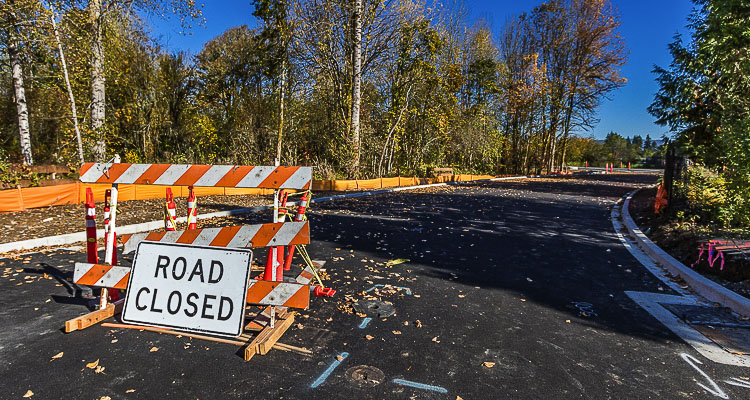
Public Works Board objects to being a replacement for export fuel tax funds
OLYMPIA – Last weekend House Democrats announced plans to jettison an unpopular export fuel tax proposed to support the $16.8 billion Move Ahead Washington transportation revenue package in favor of tapping the Public Works Assistance Account (PWAA). The PWAA makes low-interest loans to local governments in support of local drinking water, sewer, solid waste, and stormwater projects.
“This is a short-sighted proposal that will have negative consequences for our communities,” said Public Works Board Chair Kathryn Gardow. “Whenever the Legislature finds itself needing quick, easy cash, it turns to the public works assistance account. This time they need to keep their promise to return funding next year and find another source for the transportation package.”
Legislators have been diverting more than $150 million a year to cover some of the costs associated with the McCleary fix to fund basic education. In 2017, legislators promised the diversion was a temporary six-year grab, and current law will end the diversions June 30, 2023.
An amendment proposed by House Transportation Chair Jake Fey, (Democrat, 27th District), would stop that reversion, and continue to take another $100 million each year for 15 years.
“Last year we received $255 million in requests with only $129 million available,” said Gardow.
“At least 31 qualified, essential infrastructure construction projects – worth $125.7 million in requested funds – were not funded because we didn’t have the money. And we have a $1 billion pipeline of projects ready to go in the next two to four years when our revenues are returned to the account,” Gardow continued.
Washington residents should care, said Gardow, because when they turn on their faucets, they expect clean water. When they flush their toilets, they expect the waste to go away. They expect their garbage to be picked up, their rivers and waters to be protected from harmful waste and chemicals due to stormwater runoff, and their roads and bridges to be safe and structurally sound.
“This is not the only solution to replace that revenue shortfall. The Public Works Board asks the 2022 legislature to pause long enough to find other revenues or options to leave the state’s nationally recognized local infrastructure tool alone,” said Gardow.
Information provided by Washington State Public Works Board.




